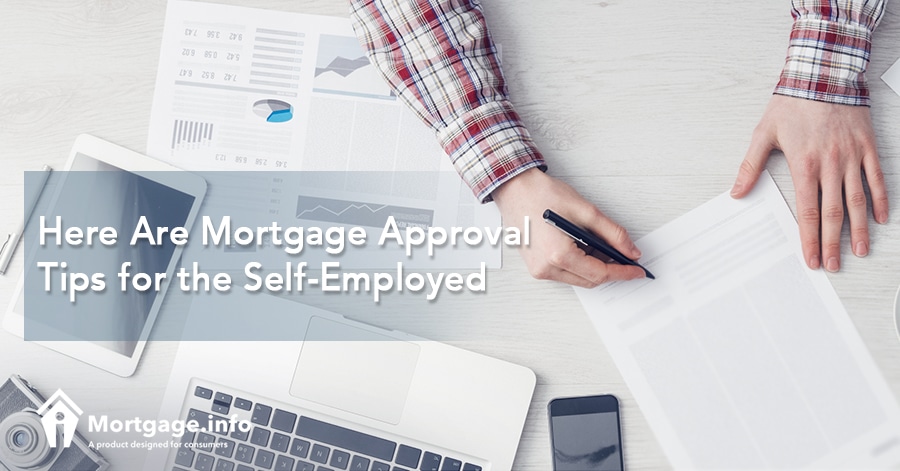Today, there are millions of self-employed individuals and their numbers just keep growing.
Being self-employed has its perks. There’s beauty in being your own boss or earning money in the comfort wherever home is for someone.
However, it’s not always sunshine and rainbows for these individuals. The upsides of being self-employed have its fair share of downsides, too.
When it comes to applying for a mortgage, not everyone really warms up to its idea. Homeownership still remains a dream for most of them but with the idea of stricter mortgage application rules, some would conclude that the dream can wait.
It’s mainly because many self-employed individuals still have a notion that applying for a mortgage comes with more difficult qualifications for them given the nature of their employment.
However, that’s not the case anymore. Mortgage application rules have loosened up a bit and [sc_content_link label=”qualifying is now better than ever.”]
Better mortgage approval chances
Fannie Mae, a trusted GSE among borrowers, is one of the first organizations that have loosened their mortgage application rules for self-employed borrowers.
Their employment and income verification rules are one of the major changes that they’ve implemented.
The GSE now accepts self-employed borrower applications with just a 12-month employment history to show from their usual 24-month requirement. Lenders will have to verify if the borrower has related experience in his or her current field.
Mortgage application tips for the self-employed
Preparation is still key when it comes to applying for a home loan. Despite having relaxed guidelines this time, every borrower should still try to be ready once they begin their application process.
In order for self-employed borrowers to have a better chance of getting a home loan, here are some mortgage application tips that may be useful.
Organize important business matters. Make sure your business keeps clean and accurate records. Make sure your business has the proper licenses needed. This is one way of showing your lenders that you are a trusted business owner with all the necessary records intact.
Pay off your debts. While you’re preparing for your mortgage application, try to settle as much debt as possible. Lenders will still verify your finances: how you handle your credit and how reliable you can be in carrying out a mortgage.
Prepare your down payment. Saving money for a down payment on a home does not come easy. The costs don’t come cheap either. That’s why it’s smart to always save as much as you can and as early as you can before you go ahead with homebuying.
Saving enough money to put down on a home also has other advantages. The bigger the amount you put down, the lesser your monthly mortgage and your private mortgage insurance could become.
Have patience and confidence.
Never hesitate to [sc_content_link label=”ask your trusted lenders”] about any concern at all. They’re always willing to help you, guide you through your application, and make sure that your home buying journey will go smoothly.
At the end of the day, the entire home buying process requires a huge amount of patience as you go through each step and overcome any hurdles that might come along your way.
[sc_content_link label=”This way to homeownership.”]

